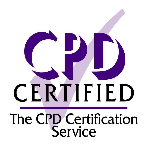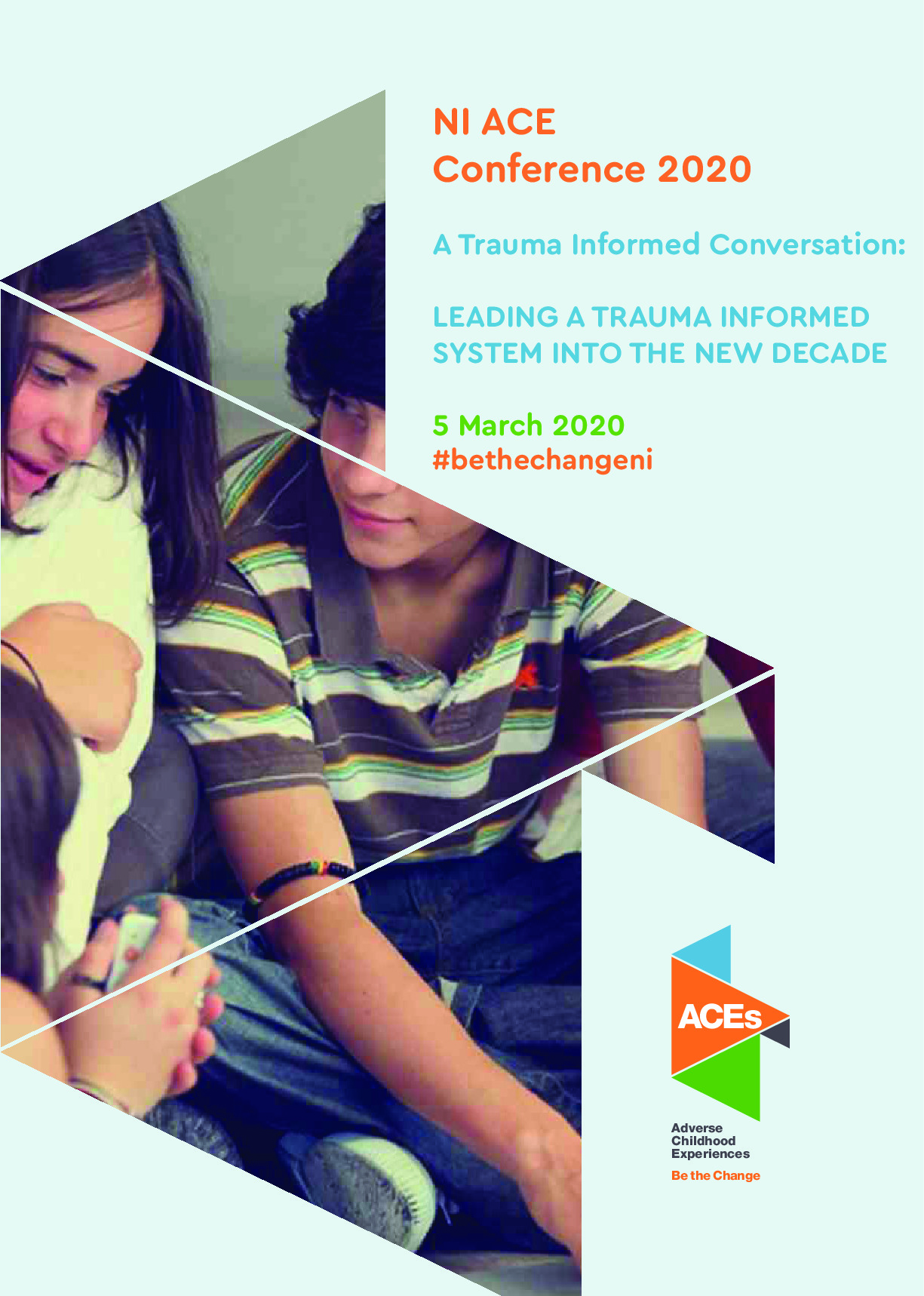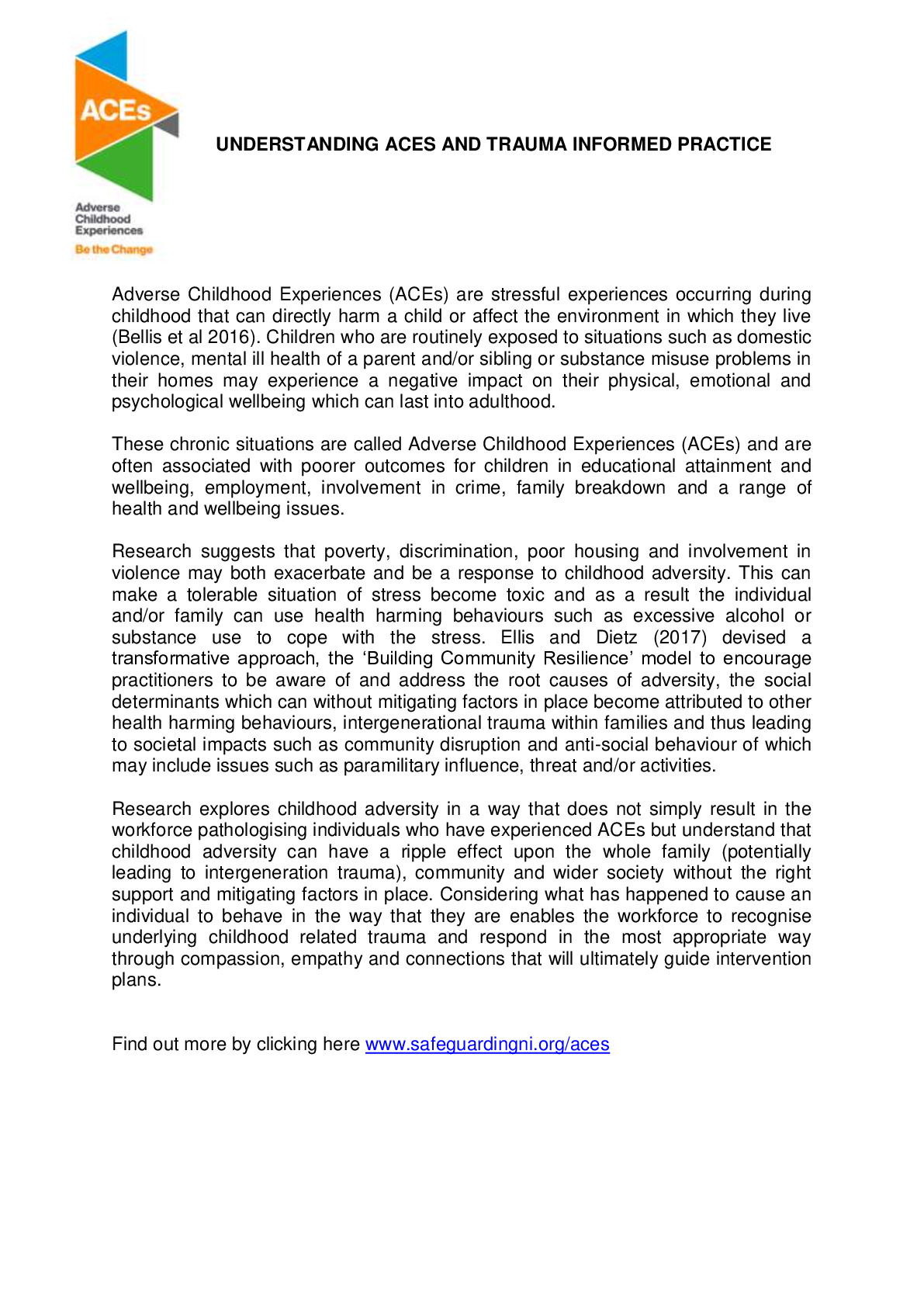
A Trauma Informed Approach
Supporting the development of Trauma Informed systems across the sectors of Health, Social Care, Education, Justice & Community and Voluntary member agencies.
The Safeguarding Board for NI is working to support its 21 member agencies and partners to integrate a Trauma Informed Approach across all aspects of services delivery.
Background to Embedding a Trauma Informed Approach
In 2017, the Department for Health announced that £1.5 million would be invested through the cross departmental Early Intervention Transformation Programme (EITP) to build professional workforce capacity to understand how adversity can affect child development and to build on the skills of staff working with individuals who have been affected by childhood adversity through a trauma informed approach.
On 2 April 2018, the SBNI formally launched the EITP Trauma Informed Practice Project, NI ACE Animation and training resources with over 180 representatives from across health, social care, justice, education, justice, housing, the community and voluntary sector and with government officials. A short summary film was developed from the launch event to raise awareness of the aims of the project and how ACE awareness and Trauma Informed Approaches have been implemented to date. The Trauma Informed journey (safeguardingni.org)
The EITP funding ended in 2021 and the Trauma Informed Practice team is currently funded by the cross Executive Programme on Paramilitarism and Organised Crime.(EPPOC) The Trauma Informed Practice (TIP) Committee oversees the work of the TIP Implementation managers who continue to support member and partner agencies to embed a Trauma Informed Approaches across services and systems.
Resource
Training Brochure
This brochure outlines training modules on understanding the impact of adversity and trauma informed practice currently available to support practitioners across Northern Ireland.
EITP Trauma Informed Practice Project
The Early Intervention Transformation Programme (EITP) was a Delivering Social Change (DSC) / Atlantic Philanthropies Signature Programme, funded jointly by five government Departments (DoH, DE, DoJ, DfC and DfE) DSC and Atlantic Philanthropies. Implementation commenced in April 2014 and it ended in March 2020. EITP aimed to transform ways of working through embedding early intervention knowledge and evidence based approaches to commissioning and delivering services for children, young people and families in order to achieve better outcomes.
Delivery
The EITP Work Stream Four Project delivered Trauma Informed Practice Training across a multi-agency workforce. The training was informed by international research that has been published within the SBNI/QUB Evidence Review reports which are available on the SBNI website. To download the reports please visit the resource page on the SBNI website.
Training
The training provides participants with a better understanding of the extent to which children and young people in Northern Ireland are impacted by Adverse Childhood Experiences (ACEs) and the practice skills that can be applied to mitigate the impact of trauma as a result of childhood adversity. This also strengthens the understanding of ACEs among professionals working with children and adults, including those involved in child protection, and in the wider community.
Business areas
The EITP Work Stream Four TIP Project had five business areas that it concentrated on for training the multi-agency workforce:
- Justice
- Education
- Health
- Community & Voluntary
- Social Care
Following delivery of multiple Training for Trainers programmes, over 400 trainers were supported to deliver the TIP modules ('Raising Awareness of the impacts of ACEs' and 'Developing Trauma sensitive practice'). The TIP team now concentrates on systemic development. This has included pilot work across a range of agencies, work with leaders, infusing Trauma Informed practice to complement existing best practice.
The EITP Trauma Informed Practice Project was extended from 1 April 2020 for a further year to continue the strategic implementation of ACE Awareness and Trauma Informed Practice across organisations through a consistent systemic approach in Northern Ireland.
In 2022/2023 funding is now received from the EPPOC (Executive Programme on Paramilitary and Organised Crime, a cross departmental programme) and the Trauma Informed Practice team is now embedded within SBNI, focussing primarily upon supporting Trauma Informed development in the SBNI member agencies but not precluding work across adult services, partner organisations and associates.
Aim of the EITP Trauma Informed Practice Workforce Development Project
The EITP Trauma Informed Practice Project was underpinned by the following aims:
- Have an awareness of the adverse childhood experiences which cause trauma in a child’s life
- Be aware of the impact of these adversities on the development of a child
- Be able to identify what creates resilience to cope with adversity
- Be able to develop policies and practice, to embed trauma informed practice in their work.
Whilst delivering upon the ethos of the project we will create a system where:
- The workforce recognises and responds to the impact of childhood adversity on children, caregivers and service providers
- Trauma awareness, knowledge and skills are an integral part of organisational cultures, practices and policies
- Effective practice is used to maximise the physical and psychological safety of the child, facilitate recovery of the child and family and support their ability to thrive
- Children and families impacted by and vulnerable to trauma are more resilient and better able to cope.
Featured in Trauma Informed Practice
Resource
Understanding ACES and Trauma Informed Practice
ACE Awareness and Trauma Sensitive Training
E-Learning Programmes
To access the e-learning programmes click here LearnHSCNI if you are in a statutory organisation registered with HSC leadership
or here if you are in the community/voluntary sector: www.ascert.biz




